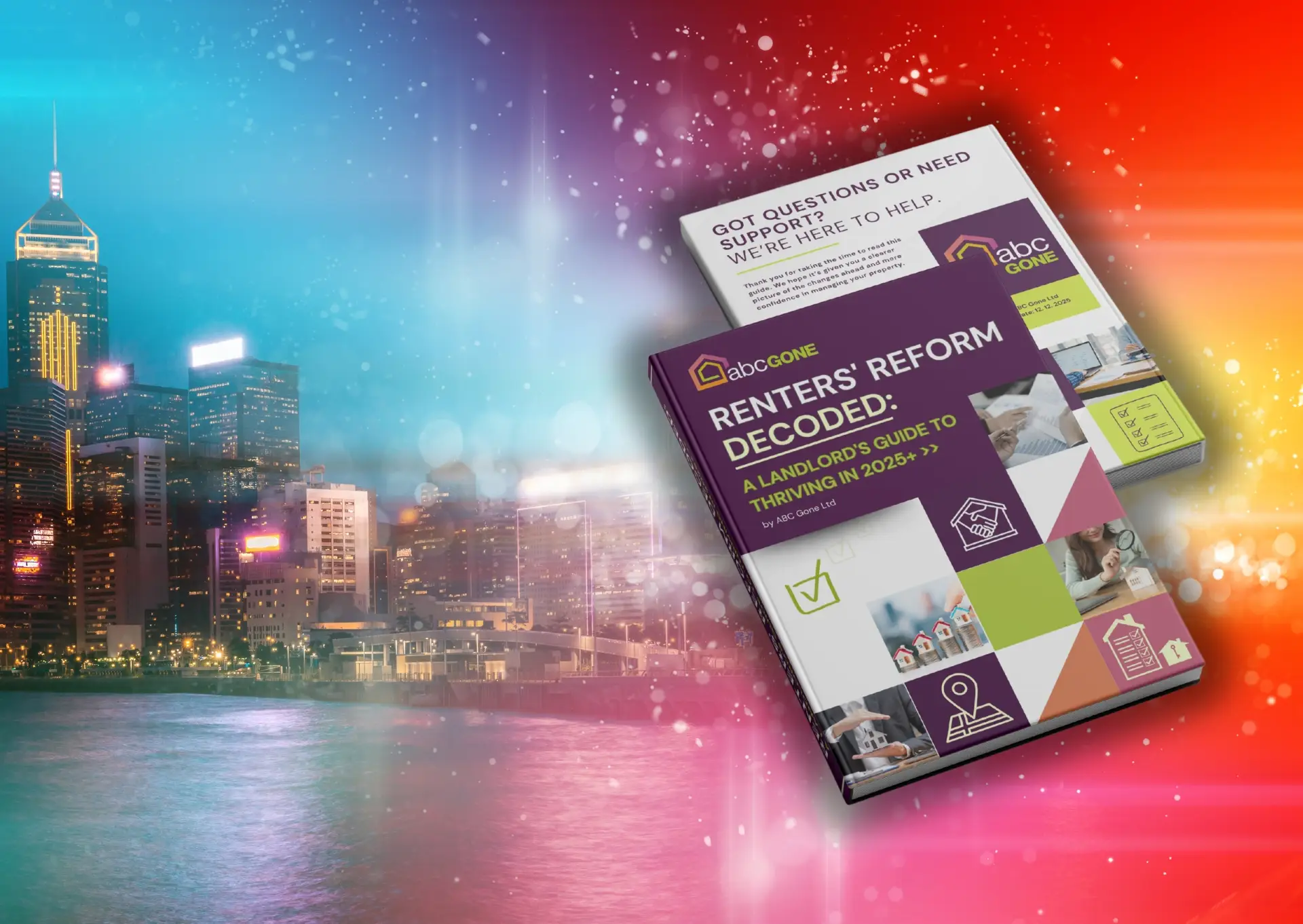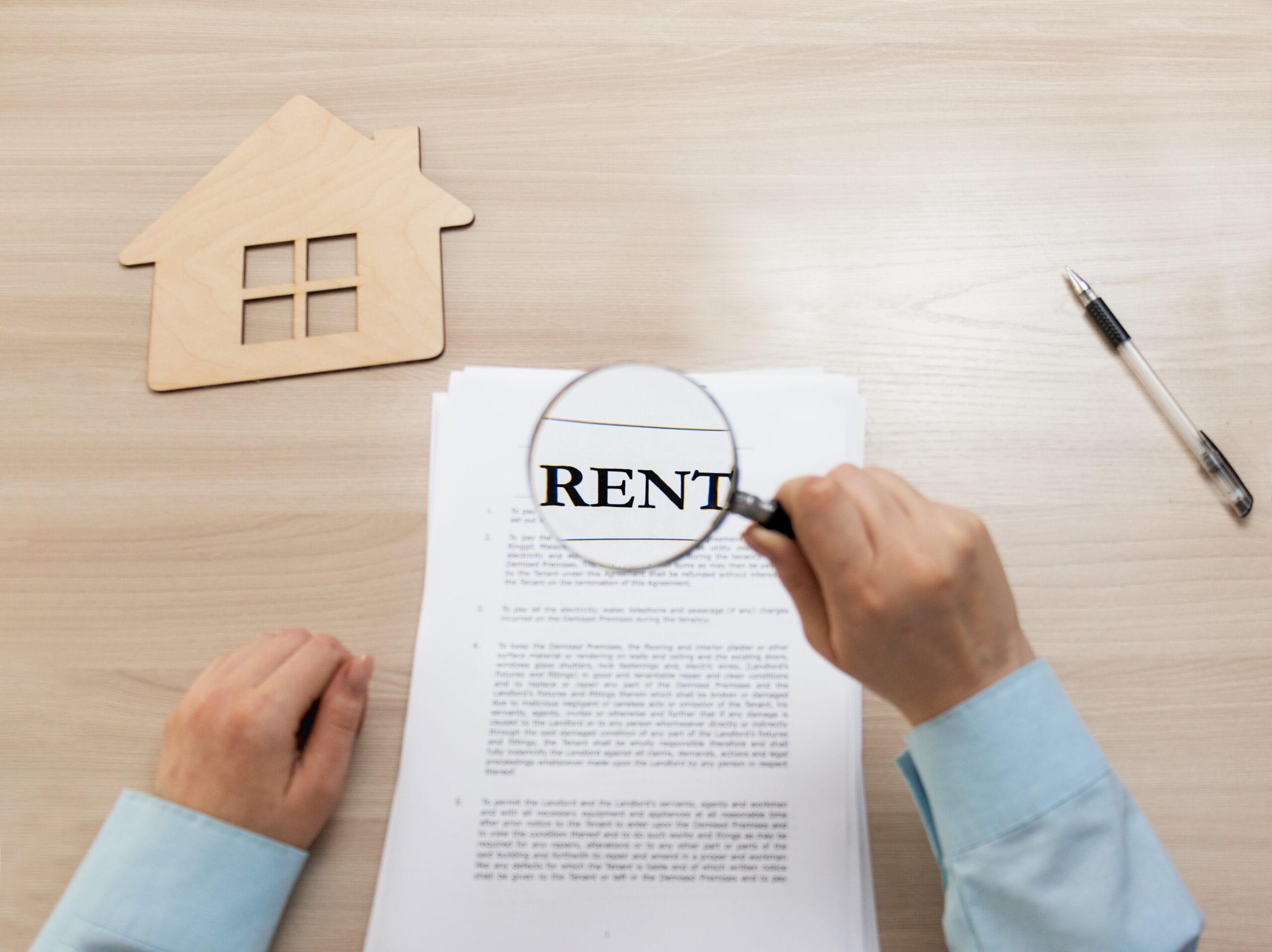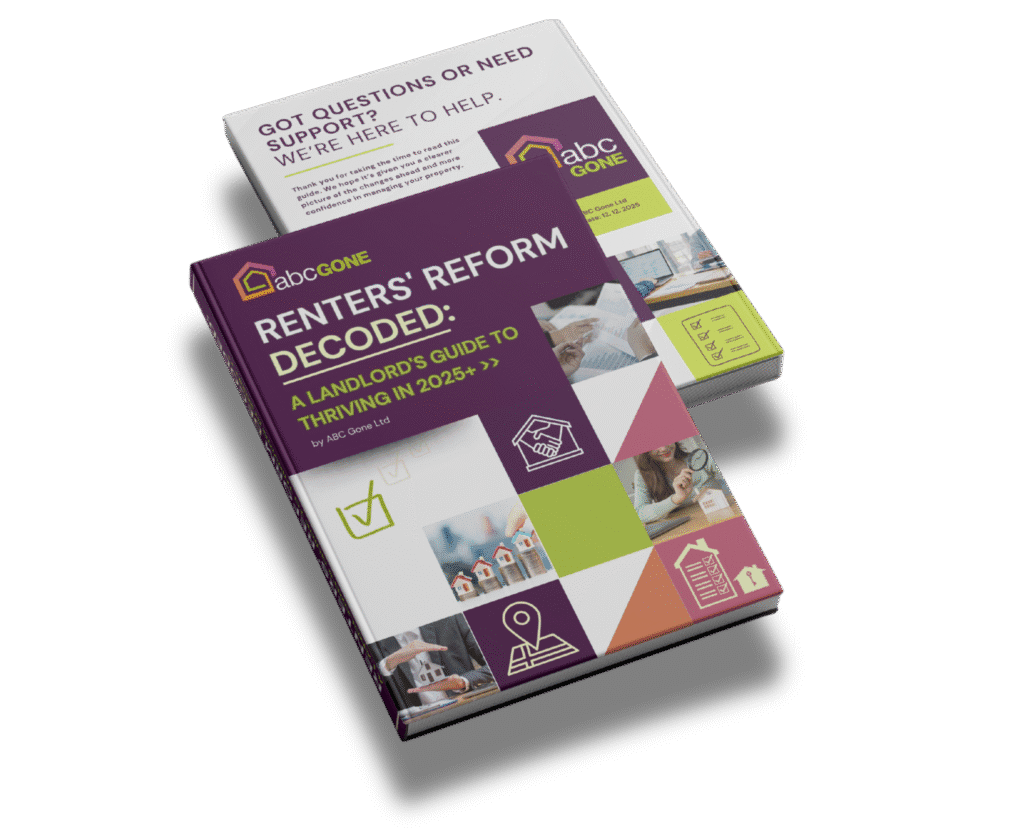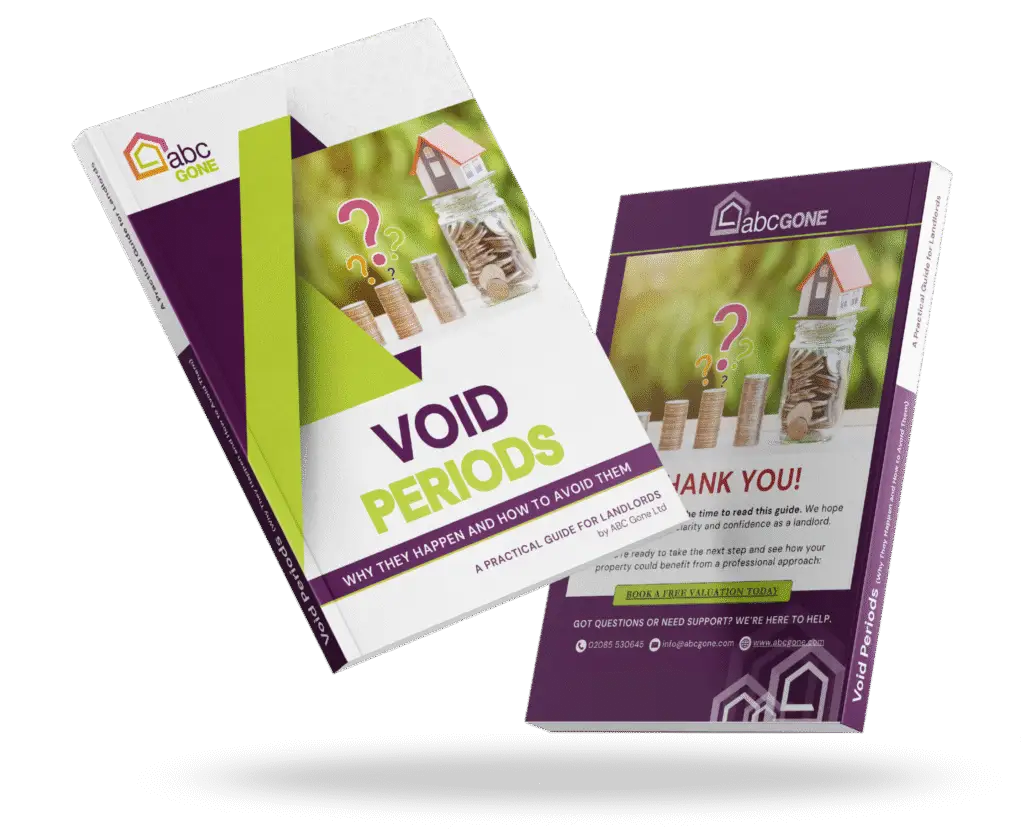For many new landlords the whole area of the property inspection can be a source of anxiety. We’ve worked with hundreds of landlords in the east London areas of Romford, Hornchurch, Dagenham, Rainham, Upminster, and Harold Wood and get asked many of the same questions – how often should I check on the property, what are my rights of entry and what exactly should I be looking for?
Inspecting your east London property shouldn’t be a major problem. The key to getting it right is to keep lines of communication open with your tenants and follow the rules about giving notice. You should also have a comprehensive UK landlord property inspection checklist – to ensure you don’t miss any of the early signs of an issue.
To help you, we’ve pulled together a landlord property inspection checklist based on the key problems landlords can face:
What should be on a landlord property inspection checklist?
A good landlord property inspection checklist should contain these items:
1 Compliance
- Check smoke alarms are fitted in the right place and that they are working.
- For properties with gas and solid fuel appliances, you need a carbon monoxide alarm in the relevant rooms – check it is there and test it.
- Gas boilers, heating systems, and other appliances need a gas safety check every year – give a copy of the certificate to your tenant. Heating systems should also be serviced annually to keep them working efficiently.
- Fire escape routes must be accessible – with no items blocking the way.
- For houses in multiple occupation (HMOs), make sure fire extinguishers and fire blankets are in place and that the extinguisher is within date.
- Check electrical appliances, sockets, and light fittings for signs of wear and tear, damage, or overloading.
2 Breaches of the tenancy agreement
- If you don’t allow smoking, check for a smell of cigarettes, evidence of ashtrays, or burn marks.
- Pets – look out for pet hairs, damage, or a smell.
- Subletting – additional guests can lead to problems for you and your tenant when it comes to HMO licensing rules, overcrowding, and issues for neighbors. Check for evidence of unauthorised people staying at the property.
- Illegal activity – unfortunately, some landlords are unlucky and find their properties are being used for illegal activity, such as cannabis farms or prostitution – be wary of anything that feels out of the ordinary.
- Damage or poor cleanliness – check the home is being looked after. Look out for damage beyond reasonable wear and tear and poor cleanliness that could lead to pests.
3 Property condition
- Check for mould on walls and a damp smell as these can seriously affect your tenants’ health. Make sure extractor fans are working there are no broken gutters or roof tiles causing leaks.
- Leaks – look for dripping taps and toilets.
- Pests – check for signs of infestation such as mouse droppings.
- Blocked drains and gutters – check for sinks that are slow to drain or pools of water outside and a build-up of leaves or damage to gutters.
- Outside space – is it clean and tidy, are the bins being emptied, and are the tenants keeping on top of the garden, if that’s in the tenancy agreement.
Frequent asked questions
How often can a landlord inspect a property?
There is no legal rule about how often you can or can’t inspect a property. However, if you visit too frequently it could be seen as breaching your tenant’s right to quite enjoyment of their home.
While your tenants are new, a visit one month on is a good way to check for teething problems with the home. If it’s all good, quarterly visits are then about right – or less once your tenants are established.
Can landlords inspect a property without the tenant present?
No, you must give your tenants written notice and get their permission. They may refuse you access unless there is a genuine emergency such as a fire or other safety issue.
How much notice should landlords give to inspect a property?
You need to give your tenant at least 24 hours’ written notice. However, it is good practice to give longer notice if you can. You must schedule the visit for a reasonable time. Alternatively, set out a schedule of visit dates when they tenants move in.
If the idea of property inspections is still stressing you out, talk to us. We have lots of options for taking the pressure off your shoulders. If you are looking to rent out property in east London, we’d love to talk to you about our range of property management and guaranteed rent options.





